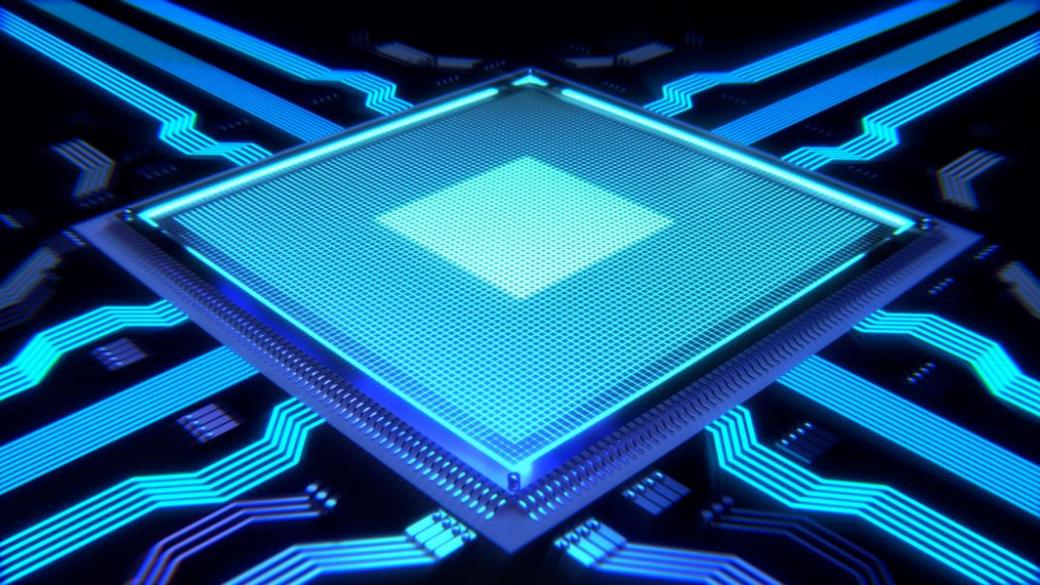Europe is Becoming an Independent Player on the Chip Market.
At the height of the technological war between the United States and China, European countries are uniting in this important segment

© ECONOMIC.BG / Pixabay
Which companies will build the 5G networks of the world? Will the US or China be the first to achieve superiority in quantum computers? Could Chinese drones be a threat to US national security? These are just some of the questions that show that our civilization has reached a point where geopolitics is largely defined by technology. Of course, this trend did not start yesterday.
From the breaking of the Enigma codes during World War II to the creation of the global Internet network, originally created for military purposes, these two areas have always had an impact. Today, when digital technologies have entered almost every aspect of our lives, this impact is simply much stronger.
In recent months, the trade war between the two superpowers, the United States and China, has openly escalated into a technological one. The future of sectors, such as mobile devices, cellular networks and many others is at stake.
The role of the EU
European countries seem to be allies of the United States in this game. However, there is an increasingly spreading opinion that the Old Continent must guarantee its own technological development, so that it does not lag behind either China or the United States.
Europe has its own tradition of innovation - promising mobile standards, such as GSM, Bluetooth and SMS have been created here. The Linux kernel also started here, which played an important role in the development of open source. However, in recent years, the continent lags far behind Asia and America. It seems that European countries have decided to change that by investing in one of the most important IT segments - that of semiconductors and chips. This is an industry worth 440 billion euros, which is of great importance for the entire digital sector. However, Europe is mainly a consumer in it, using products created in other regions of the world.
That may change soon. And unlike the United States, the EU intends to do so using its distinctive style - with public-private partnerships and government support. The community is launching a large-scale initiative to develop semiconductor and processor technologies. It will include the largest economies - Germany, France, Spain and Italy, as well as a number of smaller countries - Belgium, the Netherlands, Greece, Malta, Portugal, Croatia, Estonia and Slovenia. It is possible that the list will expand in the future, but at this stage it is not clear whether Bulgaria will participate. The aim is
achieving independence
Semiconductors are a key area for the computer industry, mobile phones, the Internet of Things and other promising segments. Until now, Europe has primarily supplied such products from abroad. In 2020, however, it became clear to everyone that global supply chains could easily be disrupted and the importance of local production was once again put in focus. In addition, processors and chips are key to national security. The aim of the initiative is to guarantee Europe's independence in terms of both supply chains and security.
It's not just about your computer or smartphone. Chips are used in more and more products - from network equipment, through cars and other vehicles, to game consoles, medical equipment and all sorts of sensors. And with the development of smart cities, homes and cars, they will have an even greater impact on our lives. Therefore, the timely positioning of the EU in this segment may be decisive for the way the continent will benefit from the next generation of technologies.

 Alexander Alexandrov
Alexander Alexandrov